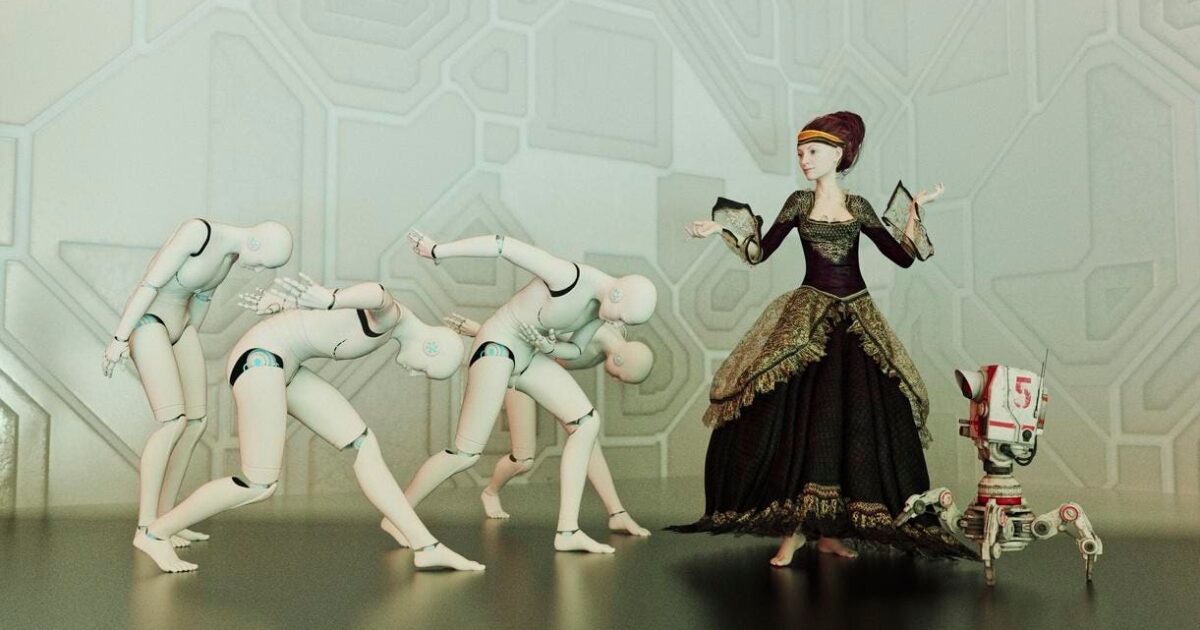Can Agentic AI Bring The Pope Or The Queen Back To Life — And Rewrite History?

Can Agentic AI Bring the Pope or the Queen Back to Life — and Rewrite History?
Elon Musk recently sparked global debate by claiming AI could soon be powerful enough to rewrite history. He stated on X (formerly Twitter) that his AI platform, Grok, could “rewrite the entire corpus of human knowledge, adding missing information and deleting errors.” This bold claim arrives alongside a recent groundbreaking announcement from Google: the launch of Google Veo3 AI Video Generator, a state-of-the-art AI video generation model capable of producing cinematic-quality videos from text and images.
Part of the Google Gemini ecosystem, Google Veo3 AI generates lifelike videos complete with synchronized audio, dynamic camera movements, and coherent multi-scene narratives. Its intuitive editing tools, combined with accessibility through platforms like Google Gemini, Flow, Vids, and Vertex AI, open new frontiers for filmmakers, marketers, educators, and game designers alike.
At the same time, industry leaders — including OpenAI, Anthropic, Microsoft Copilot, and Mistral (Claude) — are racing to build more sophisticated agentic AI systems. Unlike traditional reactive AI tools, these agents are designed to reason, plan, and orchestrate autonomous actions based on goals, feedback, and long-term context. This evolution marks a shift toward AI systems that function much like a skilled executive assistant — and beyond.
The Promise: Immortalizing Legacy Through Agentic AI
Together, these advances raise a fascinating question:
What if agentic AI could bring historical figures like the Pope or the Queen back to life digitally? Could it even reshape our understanding of history itself?
Imagine an AI trained on decades — or even a century — of video footage, writings, audio recordings, and public appearances by iconic figures such as Pope Francis or Queen Elizabeth II. Using agentic AI, we could create realistic, interactive digital avatars capable of offering insights, delivering messages, or simulating how these individuals might respond to today’s complex issues based on their documented philosophies and behaviors.
This application could benefit millions. For example, Catholic followers might seek guidance and blessings from a digital Pope, educators could build immersive historical simulations, and advisors to the British royal family could analyze past decision-making styles. After all, as the saying goes, “history repeats itself,” and access to nuanced, context-rich perspectives from the past could illuminate our present.
The Risk: The Dangerous Flip Side — Rewriting Truth Itself
However, the same technologies that can immortalize could also distort and manipulate reality. If agentic AI can reconstruct the past, what prevents it — or malicious actors — from rewriting it?
Autonomous agents that control which stories are amplified or suppressed online pose a serious threat. We risk a future where deepfakes, synthetic media, and AI-generated propaganda blur the line between fact and fiction. Already, misinformation campaigns and fake news challenge our ability to discern truth. Agentic AI could exponentially magnify these problems, making it harder than ever to distinguish between genuine history and fabricated narratives.
Imagine a world where search engines no longer provide objective facts, but the version of history shaped by governments, corporations, or AI systems themselves. This could lead to widespread confusion, social polarization, and a fundamental erosion of trust in information.
Ethics, Regulation, and Responsible Innovation
The advent of agentic AI demands not only excitement but also ethical foresight and regulatory vigilance. Programming AI agents to operate autonomously requires walking a fine line between innovation and manipulation. Transparency in training data, explainability in AI decisions, and strict regulation of how agents interact are essential safeguards.
The critical question is not just “Can we?” but “Should we?” Policymakers, developers, and industry leaders must collaborate to establish global standards and oversight mechanisms that ensure AI technologies serve the public good. Just as financial markets and pharmaceuticals drugs are regulated to protect society, so too must the AI agents shaping our future be subject to robust guardrails.
As the old adage goes:
“Technology is neither good nor bad. It’s how we use it that makes all the difference.”
Navigating the Future of Agentic AI and Historical Data
The convergence of generative video models like Google Veo3, visionary leaders like Elon Musk, and the rapid rise of agentic AI paints a complex and compelling picture. Yes, we may soon see lifelike digital recreations of the Pope or the Queen delivering messages, advising future generations, and influencing public discourse.
But whether these advancements become tools of enlightenment or distortion depends entirely on how we govern, regulate, and ethically deploy these technologies today. The future of agentic AI — especially when it touches our history and culture — must be navigated with care, responsibility, and a commitment to truth.

